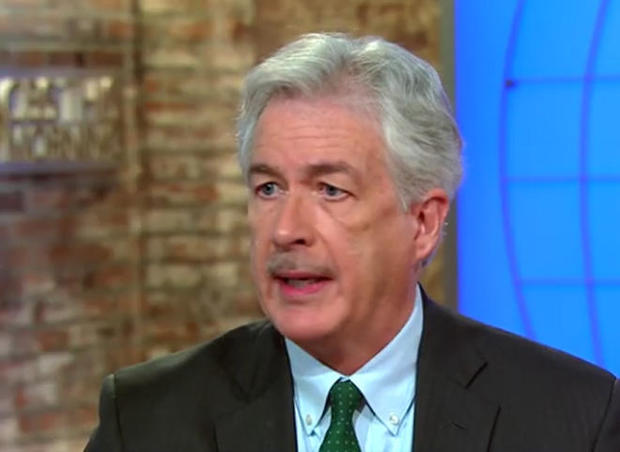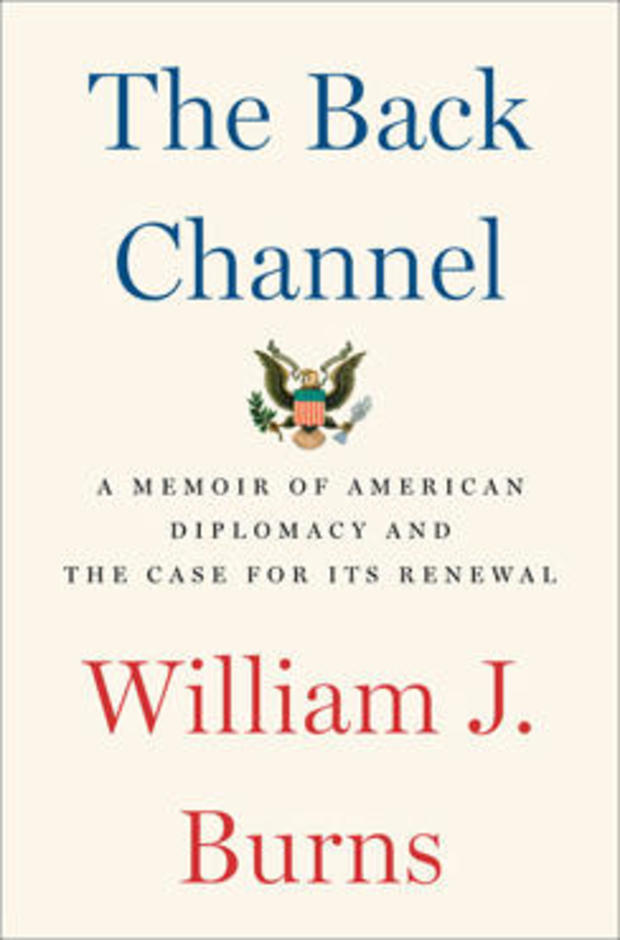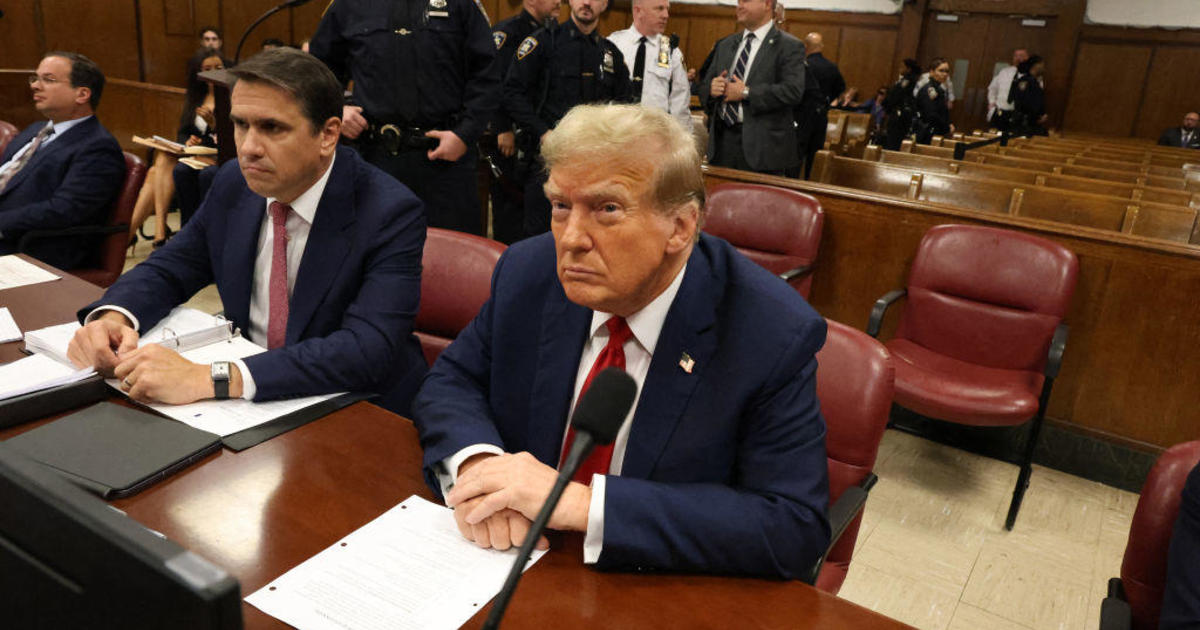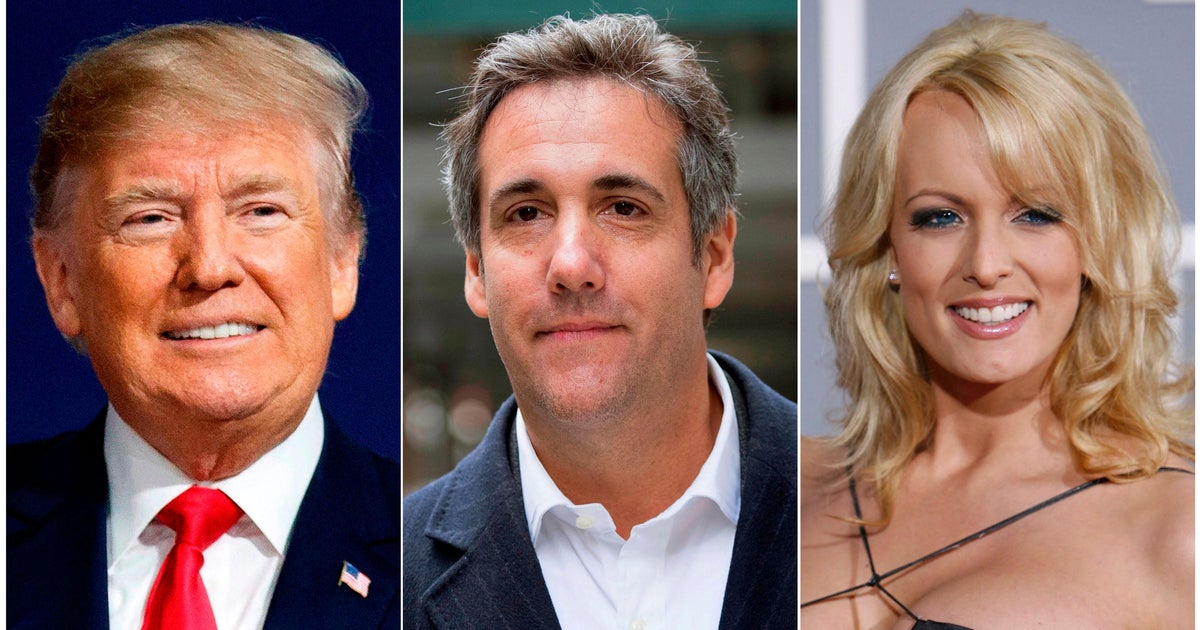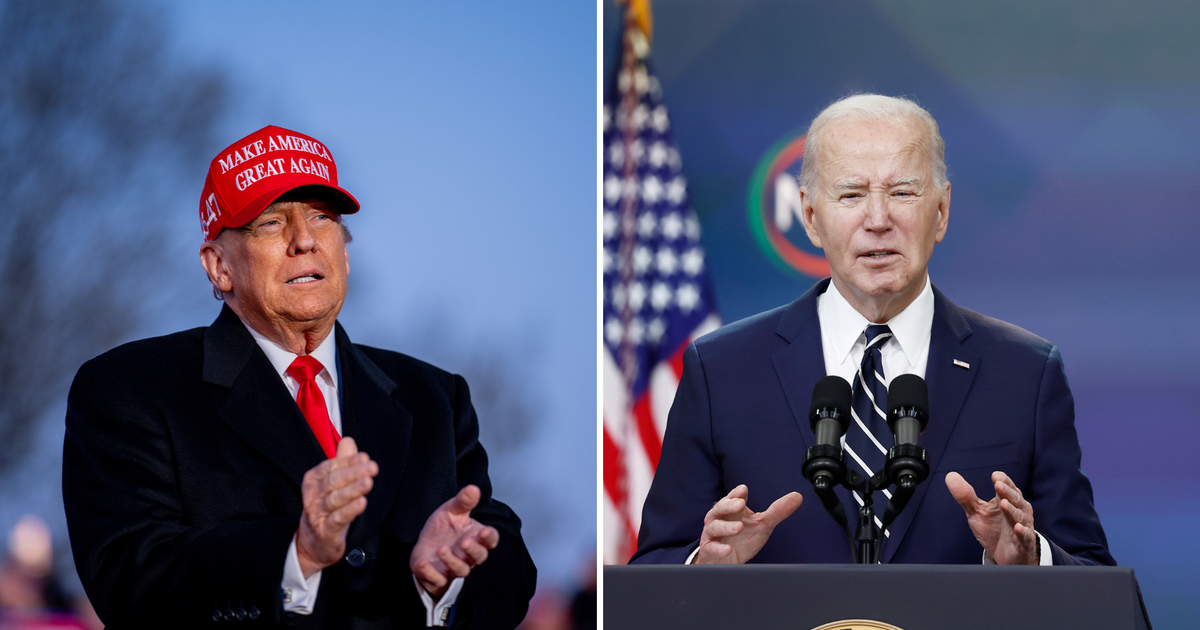Trump's indulgence of Putin "very disturbing," former top diplomat says
A former top U.S. diplomat says Russian President Vladimir Putin sees President Donald Trump's public efforts to indulge him as a sign of weakness, negatively affecting America's ability to use its diplomatic arsenal to its best advantage. Former deputy secretary of state William Burns also said the president has made the decline in U.S. diplomacy following the Cold War "infinitely worse."
Burns, who has served five presidents during his more than 30-year diplomatic career, says there is an urgent need for a rebirth of American diplomacy. In a new book, "The Back Channel: A Memoir of American Diplomacy and the Case for its Renewal" (Random House), Burns writes that U.S.-international relations are adrift, at a moment when disciplined American leadership is needed most.
Appearing on "CBS This Morning" Monday, Burns told co-host John Dickerson that, since the dissolution of the Soviet Union, the United States has put less emphasis on diplomacy. Then, with the 9/11 terror attacks, an even greater emphasis on the military over diplomacy was employed.
"So, President Trump didn't invent these trends, but I think he's made them infinitely worse with a disdain for the hard work of professional diplomacy, [and] the biggest budget cuts in the modern history of the State Department," he said. "I think that comes at just a particularly bad time when we need diplomacy more than ever."
Burns noted that diplomacy oftentimes happens in back channels, out of sight. "It's the hard work of using all the tools of American national security policy, short of the use of force, to promote our interests and values around the world," he said, by drawing on relationships and friendships developed around the world.
"You can draw on them and hopefully try to prevent or disarm crises before you have to use force, with all the huge costs in blood and treasure that comes with that," he said.
With regard to Mr. Trump's relationship with Putin, Dickerson asked, "President Trump seems to have a theory of the case which is, treat him well in public and that will develop a relationship. What do you make of that strategy?"
"I don't think it works very well with Putin," replied Burns. "A close, personal relationship between leaders matters enormously. But I think diplomacy and promoting American interests is not just about getting along with people; it's about the hard-nosed work of moving our interests ahead.
"I think Putin tends to see efforts to curry favor with him, to indulge him, as signs of weakness and manipulability."
"Supporters of the president would say, 'Well, yes he might be nice to him in public, but he's equipping forces in Ukraine, he is still staying in NATO, he's doing things that, in fact, are tough on Russia,'" said Dickerson.
"There's a lot of truth in that, and I think if you look at the administration, I think most people share that sensible, hard-nosed view," Burns replied. "But if you look at the president's performance himself at the Helsinki summit, he basically threw 17 U.S. intelligence and law enforcement agencies under the bus and indulged Putin publicly. I think that sends, you know, a very disturbing sign."
When asked to characterize the long-term effects of the administration on America's relationship with its allies, Burns said there is a lot of nervousness abroad: "I saw a poll of Germans where they were asked, what foreign leaderships can you trust? Thirty-five percent said they could trust Putin's Russia; only 24 percent said they trust Mr. Trump's America.
"That's a really troubling sign," he said. "These are amongst our closest allies in the world."
On the issue of North Korea, Burns was asked if he thought total denuclearization of North Korea were possible. "No, I don't think in the foreseeable future it's possible. I think the question is, it's a smart aspirational operational goal, but what can you do in the meantime to decrease the danger that North Korea poses?"
"The Back Channel: A Memoir of American Diplomacy and the Case for Its Renewal" by William J. Burns (Random House), in Hardcover, eBook and Audio formats, is available March 12 via Amazon.
